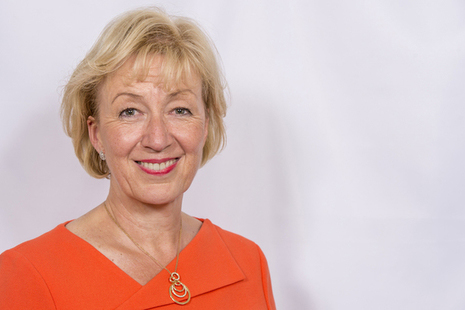One-third of board positions at the UK’s biggest companies are now held by a woman, according to the Hampton-Alexander Review. Women now account for 33% of FTSE 100 board members, up from just 12.5% less than a decade ago. What’s more, the ‘fantastic’ target has been met almost one year early, without the need for legislation, fines or penalties, according to the government-backed Review.
That said, figures from the Review highlight a ‘concerning’ lack of female representation in senior leadership and key executive roles in FTSE companies. For example, just 15% of FTSE 100 finance directors are women, compared to 66% of female HR directors. The Review highlights that further work is needed to meet the 33% target for FTSE 250 firms, which currently sits at 29.5%.
In fact, “half of all available appointments to FTSE 350 leadership roles need to go to women in 2020, not only to meet the 33% voluntary target, but to ensure UK business fully benefits from diverse perspectives and is availing itself of the whole talent pool”, points out Denise Wilson, CEO of Hampton-Alexander Review.
MORE PROGRESS NEEDED
“It’s great to see the FTSE 100 meeting the 33% target ahead of schedule, but the job is far from done. The whole FTSE 350 has to redouble its efforts to meet the Hampton-Alexander target by the end of the year,” stated CBI Director-General, Dame Carolyn Fairbairn DBE. “FTSE 100 firms may be speeding ahead in the boardroom, but they are making far less progress on senior leadership roles. We are still seeing too few women as the executive, day-to-day decision makers of our leading companies – whether that’s as CEOs, MDs, or finance directors. Companies must do everything possible to create inclusive cultures and support talented people from all walks of life into these top jobs.”
The Rt Hon Andrea Leadsom MP, Secretary of State for Business, Energy & Industrial Strategy, agreed: “The Hampton-Alexander Review has done fantastic work. But it’s clear that women continue to face barriers to success, whether that’s through promotion to key roles or how they are treated by colleagues. Businesses must do more to tackle these issues and we will support them in doing so, including through our world leading reforms to workplace rights.”

EVERYDAY WORKPLACE SEXISM
Research by King’s College found that women in senior leadership positions continue to face everyday sexism; what researchers refer to as workplace ‘micro-aggressions’ and ‘incivility’. The report, produced exclusively for the Review by the Global Institute for Women Leadership, reveals higher reports of insults or angry outbursts directed at women compared to men.
It revealed that 33% of women reported someone at work had made disrespectful or insulting remarks about them, compared to 13% of men. Around 34% of women reported someone at work had ignored or failed to speak to them, or given them the ‘silent treatment’ compared to 23% of men. Approximately, 39% of women reported being targeted by angry outbursts or ‘temper tantrums’ by someone at work, compared to 23% of men.
ENHANCED PROTECTION & SUPPORT
“Where there are hostile workplace cultures, we simply can’t ask women to lean in and try harder to reach leadership positions,” commented Professor Rosie Campbell, Director of the Global Institute for Women Leadership, King’s College London. “Instead we need to ensure undermining behaviour is called out, not rewarded, and build an inclusive environment that embraces diverse leaders and allows everyone to thrive and give their best work.”
The forthcoming Employment Bill will seek to better support women in the workplace, with measures including enhanced protections from pregnancy and maternity discrimination and, subject to consultation, making flexible working the default.




































